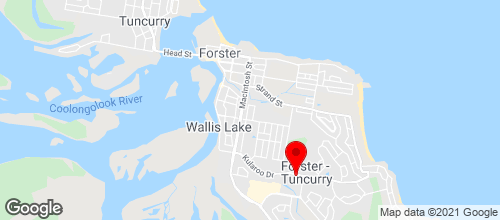Feeding Guinea Pigs, Mice and Rats
What should I feed my small pet?
Pet guinea pigs, mice and rats should be fed good, high quality commercial pellets as their main diet. Specific pellet types are available for each species. This can be supplemented with fresh greens, oats, grains, wholemeal bread, and a variety of fresh vegetables and fruit, like apples. Green twigs, carrots and hard dog biscuits are good for chewing exercise and teeth care.
How often should I feed my small pet?
Guinea pigs, mice and rats are constant eaters and fresh food and water should be available at all times. Any changes in diet, such as increasing or decreasing the percentage of greens, should be made gradually to avoid digestive upsets.
Can I offer my small pet treats?
- Seeds and nuts can be offered as an occasional treat but they are high in fat and will result in an imbalanced diet if fed too much or lead to obesity.
- Fresh, cleaned vegetables and a small amount of fruit (like apples) can be offered as well.
- Leafy green vegetables (not lettuce or celery) are best but yellow and orange vegetables can be fed as well. Carrots should be provided for chewing and dog biscuits are very good for teeth care of rats and mice.
- Guinea pigs can be fed small amounts of hay.
- Pellets should form 90% of your small pet’s daily rations to ensure a well balanced diet.
- 5-10% of the daily diet should be made up of fresh vegetables with a small amount of fruit and occasionally seed or nuts as treats. Hay is acceptable to offer freely in small quantities as a source of fibre, but check with your vet first.
- Use heavy, spill-proof ceramic dishes and clean them daily. Feeders can also be purchased that attach to the cage.
Do guinea pigs require their own special food?
Guinea pigs are different to most other pets in that they cannot make their own Vitamin C. Guinea pigs must receive 10mg/kg of Vitamin C per day (increasing to 30mg/kg/day during pregnancy). Most commercial pellets should provide this but prolonged storage under poor conditions can lead to a reduction in the Vitamin C levels (Vitamin C only lasts about 90 days from the date of manufacture).
It is therefore essential to provide a variety of fresh greens (high in Vitamin C) daily to supplement the guinea pig’s diet. If these are in short supply, Vitamin C can be added to the drinking water by crushing a 200-1000mg Vitamin C tablet into a powder and mixing it in 1 Litre of water. Make this up fresh every day and supply as the pet’s drinking water.
What about water?
Fresh water must be provided at all times and bowls cleaned regularly. You can use stainless steel or ceramic bowls, but avoid plastic dishes as they will be chewed and small pieces could be swallowed. Soiling of the water can be prevented by using inverted water bottles available commercially. The sipper or nipple ends need to be inspected daily for blockage.
Anything else?
Chew toys can be helpful in preventing overgrown incisors. Green twigs or wood sticks are good for the teeth and most dog chew toys are suitable.
Contributor: Dr Julia Adams BVSc
Categories: Guinea Pig Care, Pet Care, Rat and Mouse Care
Tags: dental care, nutrition, small pets
